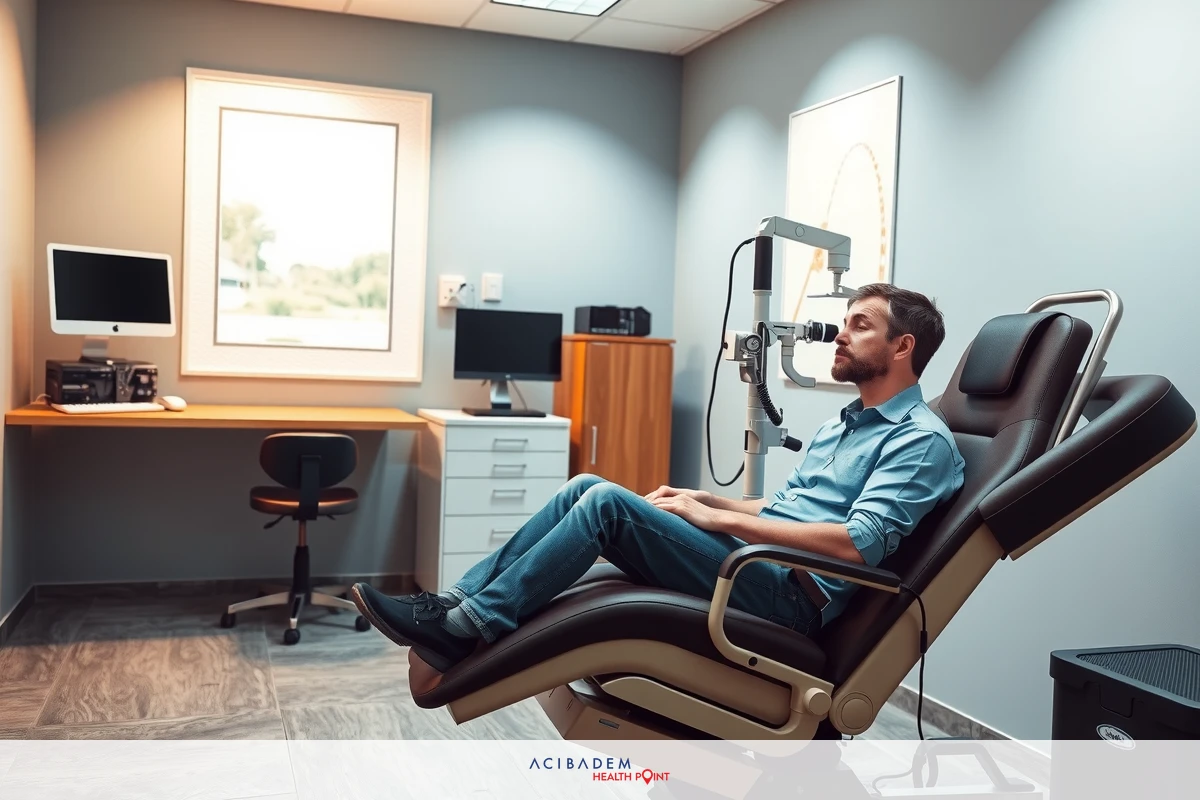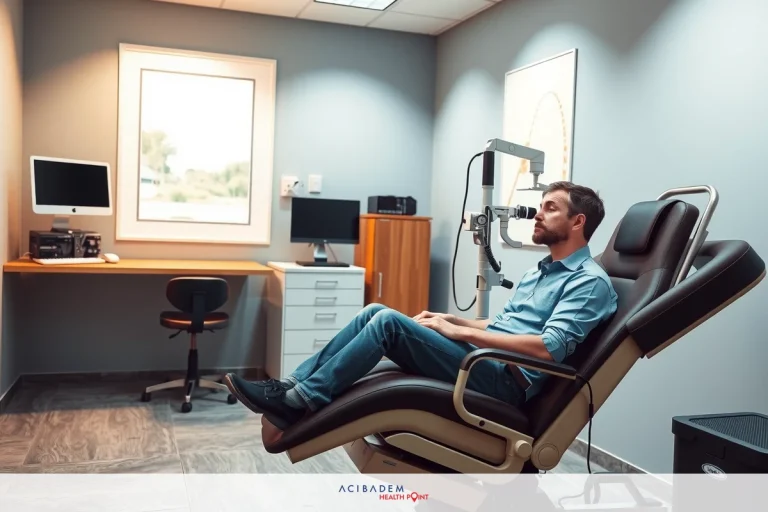How Bad Do Your Eyes Need to Be for LASIK
How Bad Do Your Eyes Need to Be for LASIK LASIK, a widely chosen method for eye correction, raises intriguing questions about suitability and the extent of vision impairment that warrants its application. The state of one’s eye health is a pivotal factor in determining eligibility for this treatment. Various levels of visual acuity can impact the success rate of the operation, and there are nuanced considerations regarding who can derive the greatest benefit from it.
The spectrum of vision impairments that LASIK can rectify is broad. From mild myopia to severe astigmatism, many find solace in this modern medical solution. Individual prerequisites remains essential before considering such an intervention. Maintaining good ocular health pre-surgery not only optimizes results but also minimizes potential risks associated with the procedure.
Who is a Suitable Candidate for LASIK
The suitability of a patient for LASIK, an effective eye correction technique, depends on several criteria. The first and foremost factor is the degree of vision impairment. Those with mild to moderate myopia (nearsightedness), hyperopia (farsightedness), or astigmatism are often considered ideal candidates for this procedure. However, individuals with excessively thin corneas or high refractive errors may not be eligible due to increased risks associated with the surgery.
Eye health also plays a pivotal role in determining suitability for LASIK. Pre-existing conditions such as glaucoma, cataracts, keratoconus, or severe dry eyes can significantly affect surgical outcomes and recovery. Good overall health is essential; certain systemic diseases like diabetes or autoimmune disorders may impede healing post-surgery.
Age too factors into determining eligibility for LASIK eye correction surgery. Most surgeons recommend that patients should be at least 18 years old because younger people’s eyes might still be changing and developing. Stable vision prescription – one that hasn’t changed significantly in the past year – indicates readiness for vision improvement via LASIK.
It becomes clear then that while many could reap significant benefits from undergoing LASIK surgery, it isn’t universally suitable – personal ocular characteristics strongly influence eligibility.
Degrees of Vision Impairment for LASIK
The effectiveness of LASIK in correcting vision greatly depends on the degree and type of visual impairment. This eye correction procedure has seen immense success across a spectrum of refractive errors. Ranging from mild to moderate conditions, LASIK offers substantial improvements, often liberating patients from dependency on spectacles or contact lenses.
- Myopia (Nearsightedness): Individuals who struggle with close objects appearing clear while distant ones appear blurry may be experiencing myopia. This is often due to an elongated eyeball or overly curved cornea that disrupts light focus.
- Hypermetropia (Farsightedness): Contrary to myopia, hypermetropic individuals find it challenging to see nearby objects clearly while distant images are sharp. A misshapen cornea or shorter than average eyeball can cause this condition – another one where LASIK proves effective.
- Astigmatism: Characterized by blurred vision at all distances, astigmatism occurs when the cornea’s curvature isn’t uniformly spherical. Causing light rays entering the eye not being focused into a single point. LASIK reshapes these irregularities providing significant relief.
- Presbyopia: Often associated with aging, presbyopia results in difficulty focusing on near objects as the

A man in a examination chair, ready for treatment. The room has medical equipment and technology around him. lens loses its flexibility over time – making reading small print particularly challenging without corrective aids like glasses or contacts.
Each individual case will vary based on numerous factors such as age and overall health; generally speaking those with mild to moderate degrees of these impairments tend to achieve best outcomes post-procedure.
Maintaining Eye Health for LASIK
Maintaining optimal eye health before undergoing any kind of eye correction surgery, including LASIK, is pivotal. A healthy eye surface ensures fewer complications and aids faster recovery post-surgery. Moreover, individuals with certain ocular conditions or diseases may not be suitable candidates for the procedure as these could potentially compromise surgical outcomes or exacerbate existing issues.
A common condition that can affect suitability for LASIK is dry eyes. This ailment causes discomfort due to insufficient tear production or poor quality tears leading to inadequate lubrication of the eyes. Undergoing a procedure like LASIK can intensify this condition making it paramount to manage dry eyes effectively prior
to surgery. Similarly, other corneal diseases such as keratoconus – characterized by thinning and bulging of the cornea – may also exclude someone from being an ideal candidate; hence maintaining corneal integrity is equally important.
Consider intraocular pressure for glaucoma, maintain eyelid hygiene, and have regular eye exams. General physical health matters; manage conditions like diabetes for optimal LASIK recovery. Nutrition, hydration, and avoiding smoking are crucial for overall visual health pre-surgery.
Frequently Asked Questions
What is LASIK?
LASIK, short for Laser-Assisted In Situ Keratomileusis, is a popular eye correction surgery that reshapes the cornea to correct refractive errors such as myopia (nearsightedness), hypermetropia (farsightedness), and astigmatism.
How do I know if I'm suitable for LASIK?
Suitability for LASIK depends on several factors including age, degree of vision impairment, overall eye health, and stability of your vision prescription. A thorough consultation with an ophthalmologist will help determine whether you are a good candidate for this procedure.
Can all degrees of vision impairment be corrected by LASIK?
While LASIK has been successful in treating mild to moderate levels of nearsightedness, farsightedness and astigmatism; those with very high refractive errors or other specific ocular conditions might not achieve optimal results. It's best to discuss your individual case with an experienced surgeon.
Why is maintaining eye health important before undergoing LASIK?
Good eye health ensures fewer complications during the procedure and aids faster recovery post-surgery. Conditions like dry eyes or keratoconus need effective management prior to surgery while systemic diseases affecting healing should also be under control.








